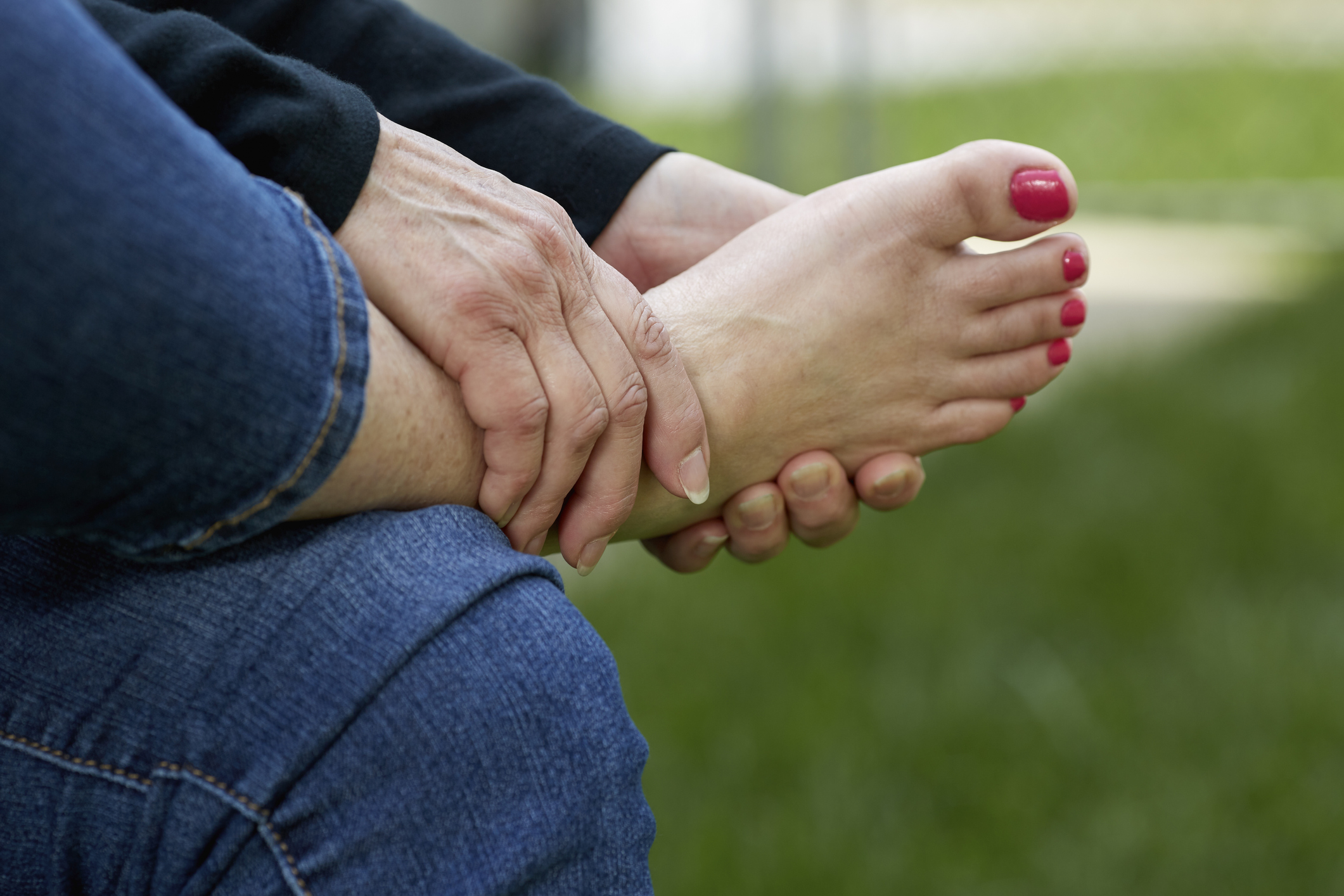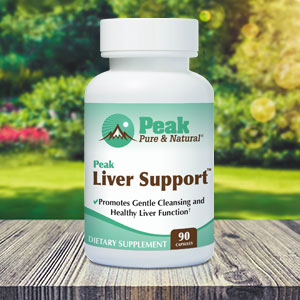Get Easy Health Digest™ in your inbox and don’t miss a thing when you subscribe today. Plus, get the free bonus report, Mother Nature’s Tips, Tricks and Remedies for Cholesterol, Blood Pressure & Blood Sugar as my way of saying welcome to the community!
6 reasons you shouldn’t ignore swollen feet

I sit a lot, and it shows.
No, I’m not talking about my weight. I’m talking about my feet.
Here lately, my insteps are definitely looking puffy. It’s been cause for some alarm. I try and keep my feet up while at my desk, and it seems to be helping a bit.
But I know that a number of more serious conditions could be behind my swollen feet, so I’ll be placing a call to my doctor soon.
Swollen feet may seem like just an annoyance, but they can signal other health problems that you should not ignore.
6 reasons your feet may be swollen
Edema. This is when your body holds onto too much water. It’s usually noticeable after a long plane flight or if you are forced to remain standing for hours at a time. Your hands may be puffy, too. Edema is sometimes a sign of heart failure, kidney or liver disease or low protein levels.
Lymphedema. When your lymph nodes are damaged or removed, for example during cancer treatment, your body also gets rid of less fluid. Swelling in the feet, legs and arms could indicate an abnormality in the lymphatic system. Pneumatic compression is often the treatment of choice for lymphedema. A sleeve is worn over the arm or leg and periodically pumped full of air to create enough pressure to move accumulated fluid.
Chronic venous insufficiency. As blood circulates back to your heart from your legs and feet, it moves through “one-way valves” that keep it from flowing back down. These valves can get damaged with age or if you sit or stand for long periods of time causing blood to collect in your legs and feet and cause swelling.
Heart trouble. If you notice that your heartbeat is fast or irregular, you have a hard time catching your breath and your feet or ankles are swollen, seek medical help immediately. This combination of symptoms is usually indicative of heart failure.
Kidney trouble. If your kidneys aren’t working properly, too much salt is left in your blood and you’ll retain more water. Gravity pulls the water down causing your feet and ankles can swell. If you have diabetes or high blood pressure and your ankles are swollen, your doctor will want to look at your kidney function.
Liver trouble. If you have hepatitis, drink alcohol often or have a fatty liver (which is becoming increasingly common), your liver is constantly repairing itself. When this happens, scar tissue can replace healthy tissue and your liver doesn’t function as it should. This can cause fluid to pool in your legs, feet, hands or belly.
What to do for swollen ankles and feet
The first thing to do is to make sure your swollen feet or ankles are not the symptom of a more serious medical condition.
Once you rule that out, try one of these techniques to alleviate any swelling and pain…
R.I.C.E. This stands for “rest, ice, compression and elevation.” If you’ve had an ankle injury, this is standard procedure, but it also works for swelling caused by other conditions. When you rest and elevate your feet, fluid flows away from your feet. Ice makes blood vessels narrower and keeps blood away from the feet (and it helps with pain) and special, extra-tight compression socks made for this purpose also help push fluid away from the feet.
Move around. I try and leave my desk every hour, just for a brief walk around the house or outside. It makes it harder for fluid to pool in any one place in my body and keeps blood circulating well.
Medication. Talk to your doctor if your swollen feet don’t improve. They may recommend a diuretic, better known as a “water pill” and also used for hypertension. Diuretics help your body get rid of fluids by making you urinate more often.
When to see your doctor
If your feet are swollen and you have chest pains or are short of breath, get medical help right away. This combination could be due to a blood clot in the lungs.
Also, see your doctor if pain and swelling do not resolve within a few days of trying the above.
Some other symptoms of concern:
- Skin looks stretched or breaks, or if you can press on your swollen foot and the skin doesn’t bounce back
- Aching muscles or stiff joints that have no other apparent explanation (could be due to the sudden change in weight around parts of your body)
- An unexplained bulge in your neck muscles or veins
- Increased pulse or higher-than-normal blood pressure
Clearly, all these symptoms could result from other conditions, so check with your doctor to see what’s really going on with your body.
Editor’s note: Have you heard of EDTA chelation therapy? It was developed originally to remove lead and other contaminants, including heavy metals, from the body. Its uses now run the gamut from varicose veins to circulation. Click here to discover Chelation: Natural Miracle for Protecting Your Heart and Enhancing Your Health!
Sources:
- Why Are My Feet Swollen? — Web MD
- Pressing Your Skin to Test Your Water Retention — littlethings.com














